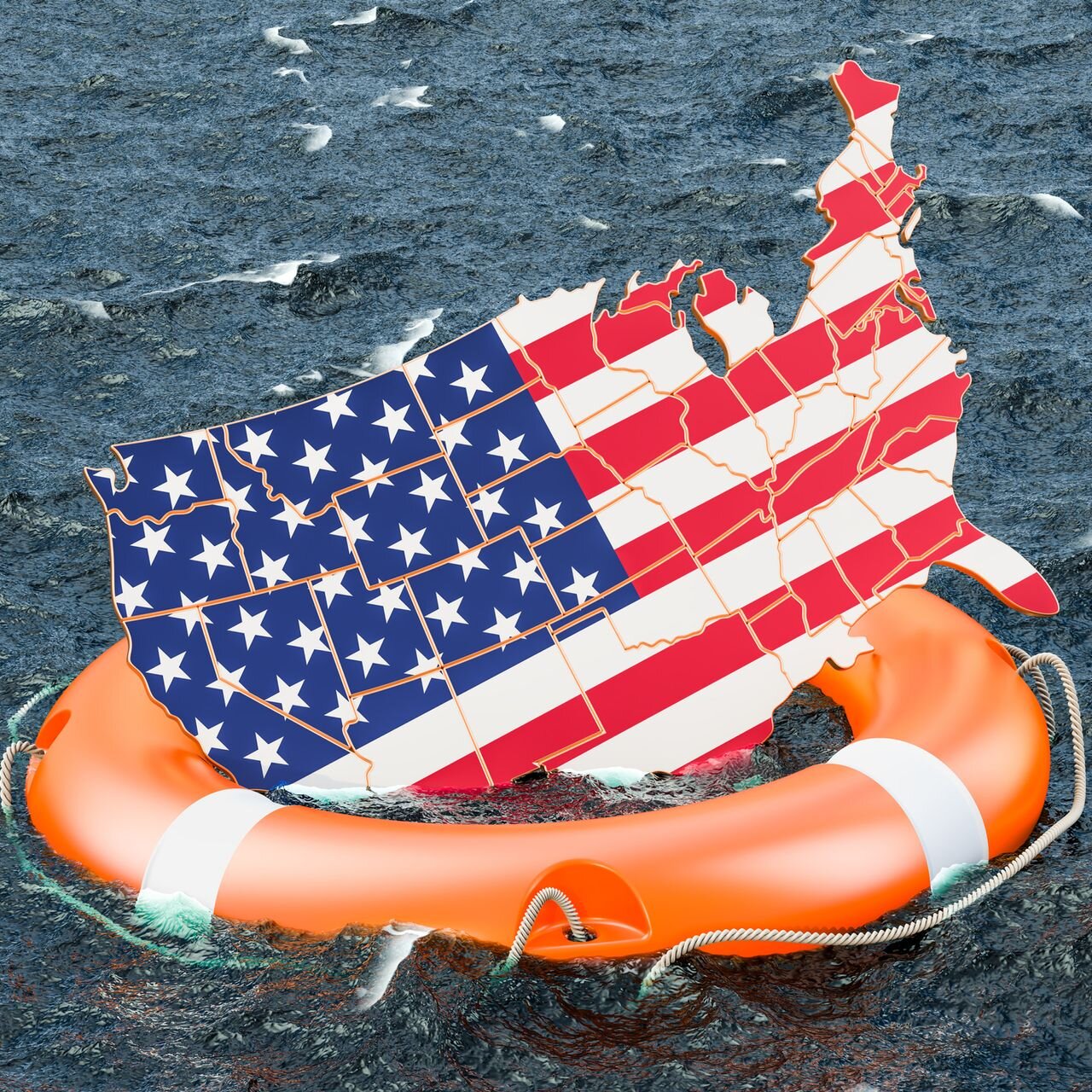On why UAE withdrew from U.S.-led maritime coalition
By Faramarz Kuhpayeh

TEHRAN – In the latest blow to the U.S. hegemony in the West Asia region, the United Arab Emirates (UAE) announced its withdrawal from a U.S.-led maritime coalition, further giving credence to perceptions of U.S. decline.
In a statement on Wednesday, the UAE foreign ministry said, “As a result of our ongoing evaluation of effective security cooperation with all partners, two months ago, the UAE withdrew its participation in the Combined Maritime Forces.”
The statement added that the UAE remains committed to responsibly ensuring the safety of navigation in its seas, in accordance with international law.
The statement comes amid press reports of tensions between the U.S. and the UAE over Emirati complaint about lack of action on the part of the U.S.
The Western press reported that the U.S. was unhappy over how the U.S. dealt with Iranian seizure of oil tankers in the Persian Gulf. The UAE rejected these reports, saying, “The UAE has rejected the mischaracterization, in recent press reports, of US-UAE conversations regarding maritime security.”
Aside from the credibility of the UAE-US differences, Abu Dhabi’s withdrawal from the U.S.-led Combined Maritime Forces is another indication of U.S. traditional partners in the region moving away from Washington out of growing perceptions of the global decrease in U.S. might.
When juxtaposed with positions by other allies of the U.S., the Emirati move sends an unequivocal signal about the depth of the dent in the American credibility in the West Asia region.
Saudi Arabia, a historical ally of America, has preceded the UAE in parting ways with the U.S. In March, it signed a landmark deal with Iran that was brokered by China, the global competitor for the U.S. Since then, the Saudis have been working with the Iranians to fully resume diplomatic relations.
And the UAE itself seems to be following suit. Of course, the U.S. has never fully severed relations with Iran. But it downgraded them in solidarity with Saudi Arabia. And when Riyadh moved to snuggle up to Iran, the Emiratis decided to upgrade ties with Iran.
A senior Emirati official has recently underlined the United Arab Emirates’ determination to strengthen relations with Iran.
Khalifa Shaheen Al Marar, who is a Minister of State of the United Arab Emirates, made the remarks during a meeting with Iranian Foreign Minister Hossein Amir Abdollahian in Tehran on Tuesday.
The UAE’s minister emphasized Abu Dhabi’s determination to boost relations with the Islamic Republic, the Iranian foreign ministry said in a statement.
In a sense, the Emiratis, like their Saudi peers, have ceased to believe that America can be relied upon.
Interestingly, even the Israelis appears to be coming to terms with the dwindling U.S. influence. When the U.S. proposed to Israelis that they conduct joint military planning on Iran, the Israeli received the American proposal cautiously. They may have well stopped short of rejecting it out of compliments.
All in all, the U.S. decline reached a point where even its longtime allies are exasperated by its inability to take the initiative.

No comments:
Post a Comment